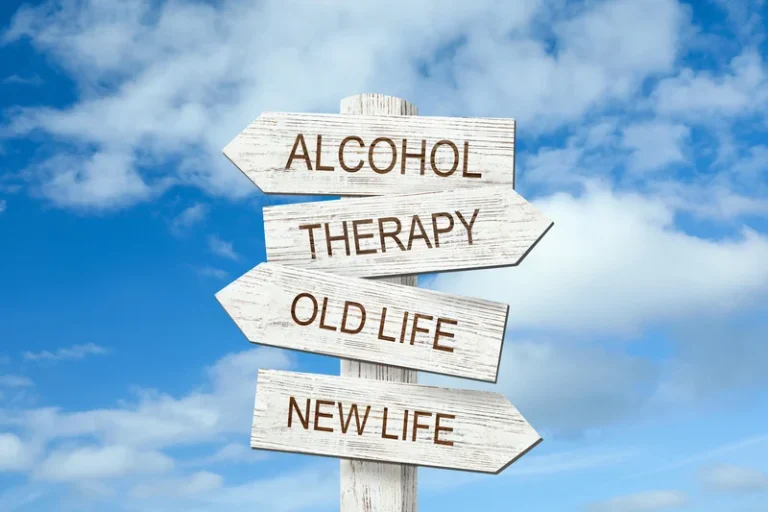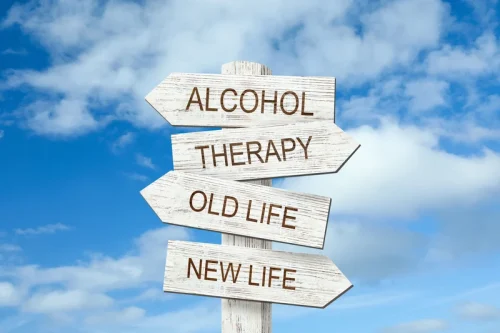
Between 90 and 100 percent of alcoholics develop a fatty liver, which can progress to cirrhosis. Stopping is impossible at this point without professional help because of the severe and potentially life-threatening withdrawal symptoms that would occur if they quit cold turkey. By this stage, their drinking is taking an obvious physical toll as well. They may appear red in the face or look bloated and generally unwell. The alcoholic probably isn’t sleeping or eating well at this point and may not be keeping up with personal hygiene.

Traumatized children find mental health therapy beneficial
- Make sure that you are not doing anything that bolsters their denial or prevents them from facing the natural consequences of their actions.
- In addition to getting professional treatment and support, there are things that you can do to help feel better and improve your chances of recovery.
- If you are living with a high-functioning alcoholic, you may be more likely than someone living outside of the household to notice their seemingly benign drinking habits.
- Also known as alcohol use disorder, alcoholism is a chronic, progressive disease that affects the alcoholic and the people around them.
For so long people have been asking about the potential health benefits of moderate alcohol intake, but ultimately that hasn’t really panned out scientifically. If you want am i an alcoholic to cut back, consider how you could restructure your time to rewire your habits. For example, you could join a club, make it a routine to take your dog to the park or ride a bike around town. When you fill your time with engaging activities (and especially when you change your environment), you can shift your mind away from those old drinking habit loops.
Get Professional Help
The high-functioning alcoholic is perhaps the furthest from the alcoholic stereotype, leading many to be in denial about their addiction. About 62% of functional alcoholics work full time, and 26% possess a college degree or higher. This subtype makes up 19.5% of people addicted to alcohol in the U.S. Several other factors can also increase the risk of developing an alcohol addiction.
- Usually, people in the first stage of alcoholism are not drinking every day, and they are still able to perform daily activities.
- Strong cravings for alcohol are typical at this stage, and drinking isn’t just for enjoyment anymore.
- Despite efforts to hide their addiction, their drinking problem is quite obvious to others.
- Growing up in a home where alcohol use is common, can leave lasting scars.
- They may binge drink once or drink for a period of time before getting sober again.
When the Stereotype Doesn’t Fit: Types of Alcoholics

Although drinking may not consume their thoughts, they may need to drink more to reach the desired level of intoxication. During this stage, someone may believe they are still functioning because they have a job and they are successfully maintaining relationships. In reality, this isn’t true, because after they consume their first alcoholic drink, they usually struggle to control their drinking. Understanding what makes someone addicted to alcohol can be the first step in helping a person seek treatment. Depending on how bad their alcohol abuse has been or if medically-assisted alcohol detox will be needed for withdrawal symptoms, entering into a treatment center may be a necessary option. Professional medical staff can assist in the difficult process of withdrawal, making the transition into sobriety less daunting.
Collaborative care for serious mental health conditions
You might not recognize how much you drink or how many problems in your life are related to alcohol use. Listen to relatives, friends or co-workers when they ask you to examine your drinking habits or to seek help. Consider talking with someone who has had a problem with drinking but has stopped. Typically, alcohol withdrawal symptoms happen for heavier drinkers. Alcohol withdrawal can begin within hours of ending a drinking session. While cirrhosis scars from excessive drinking are irreversible, quitting alcohol and leading a healthier lifestyle can help your liver heal from alcohol-related liver disease.
